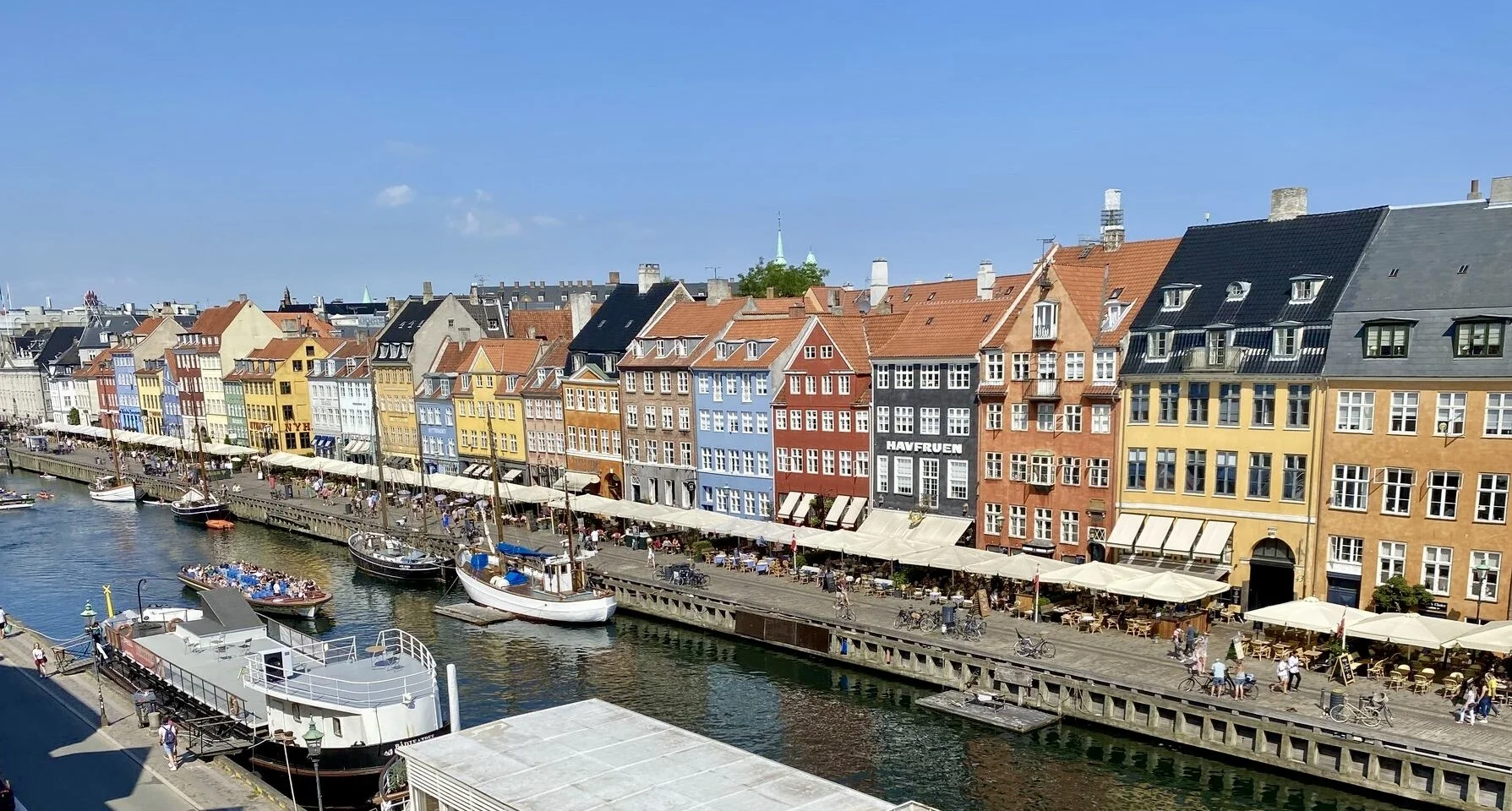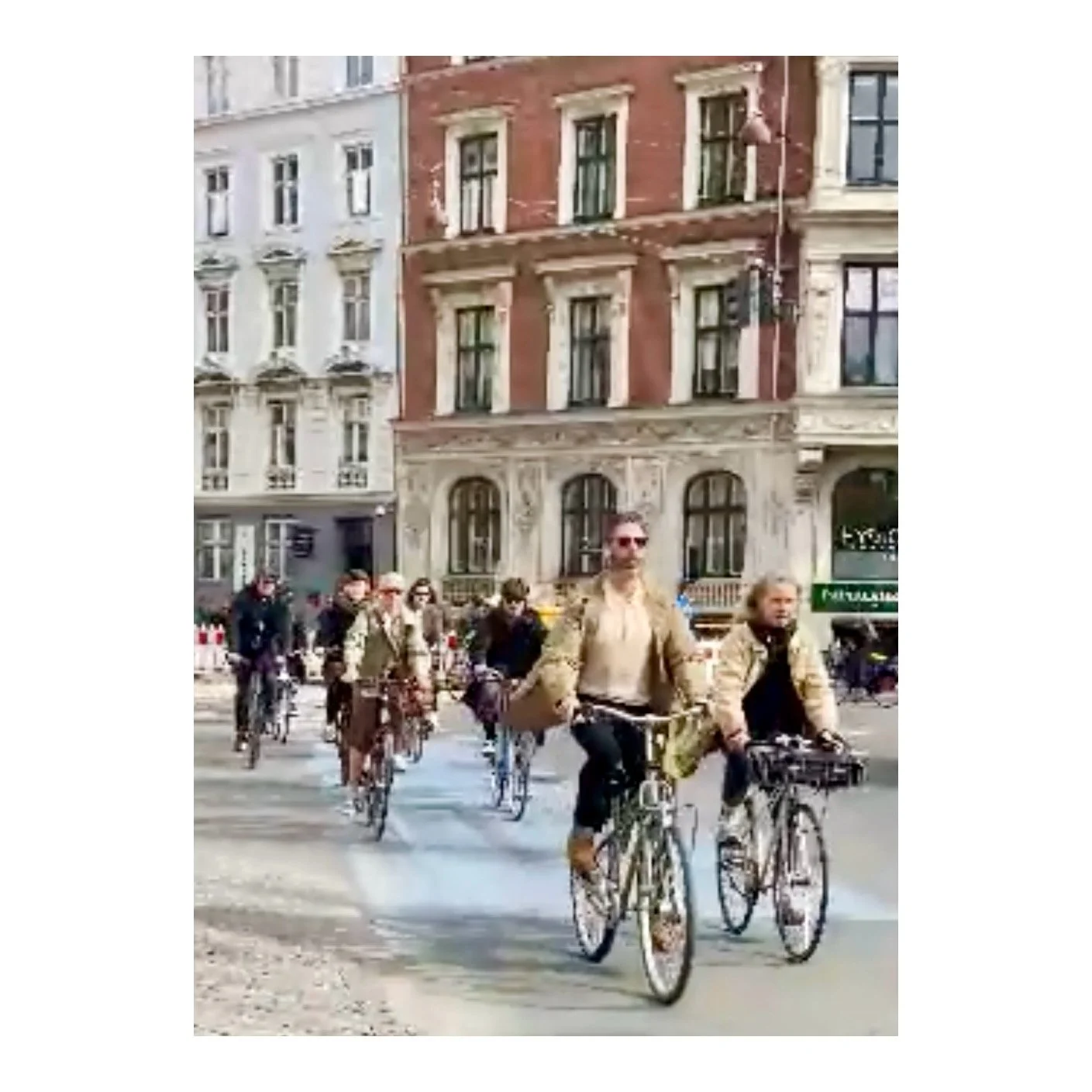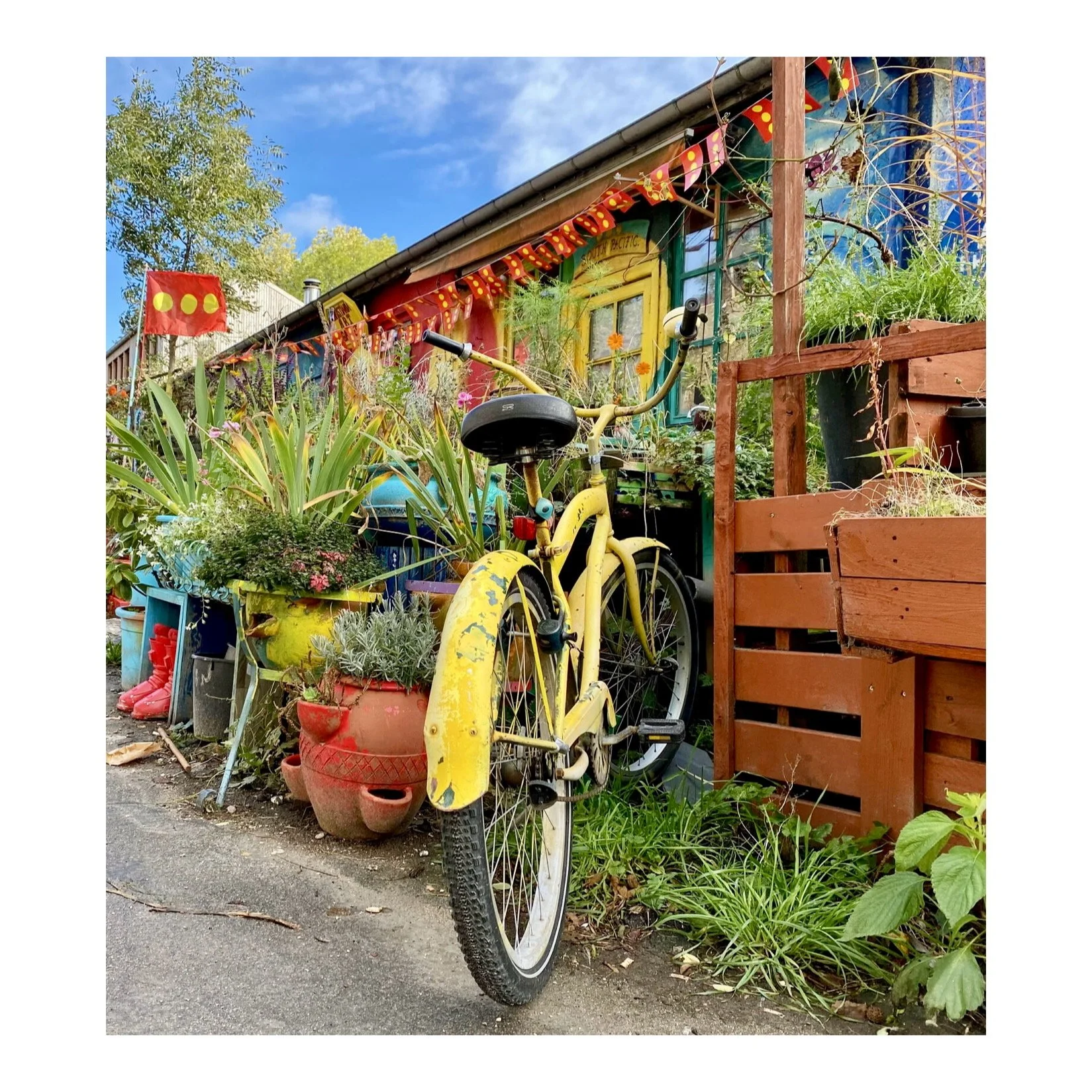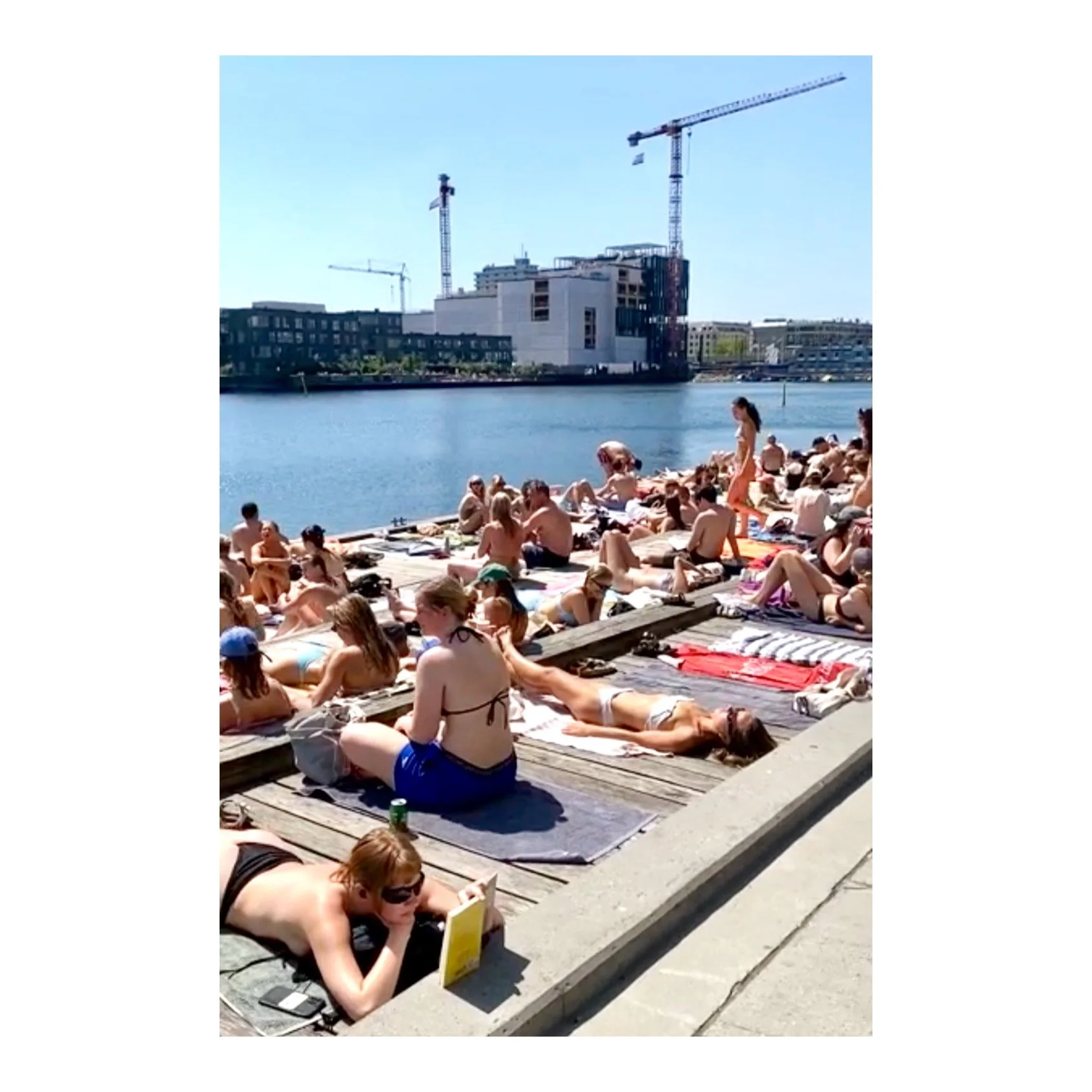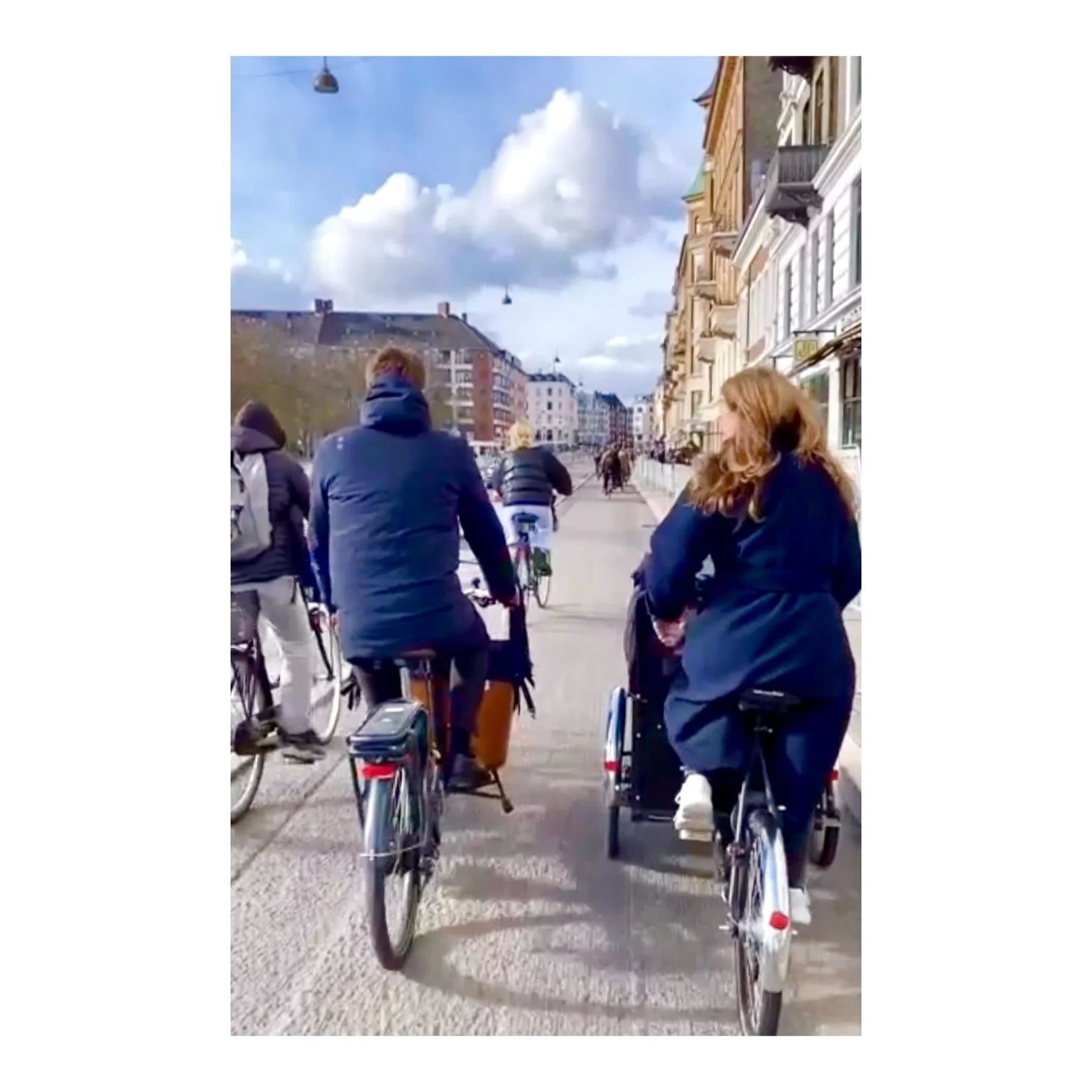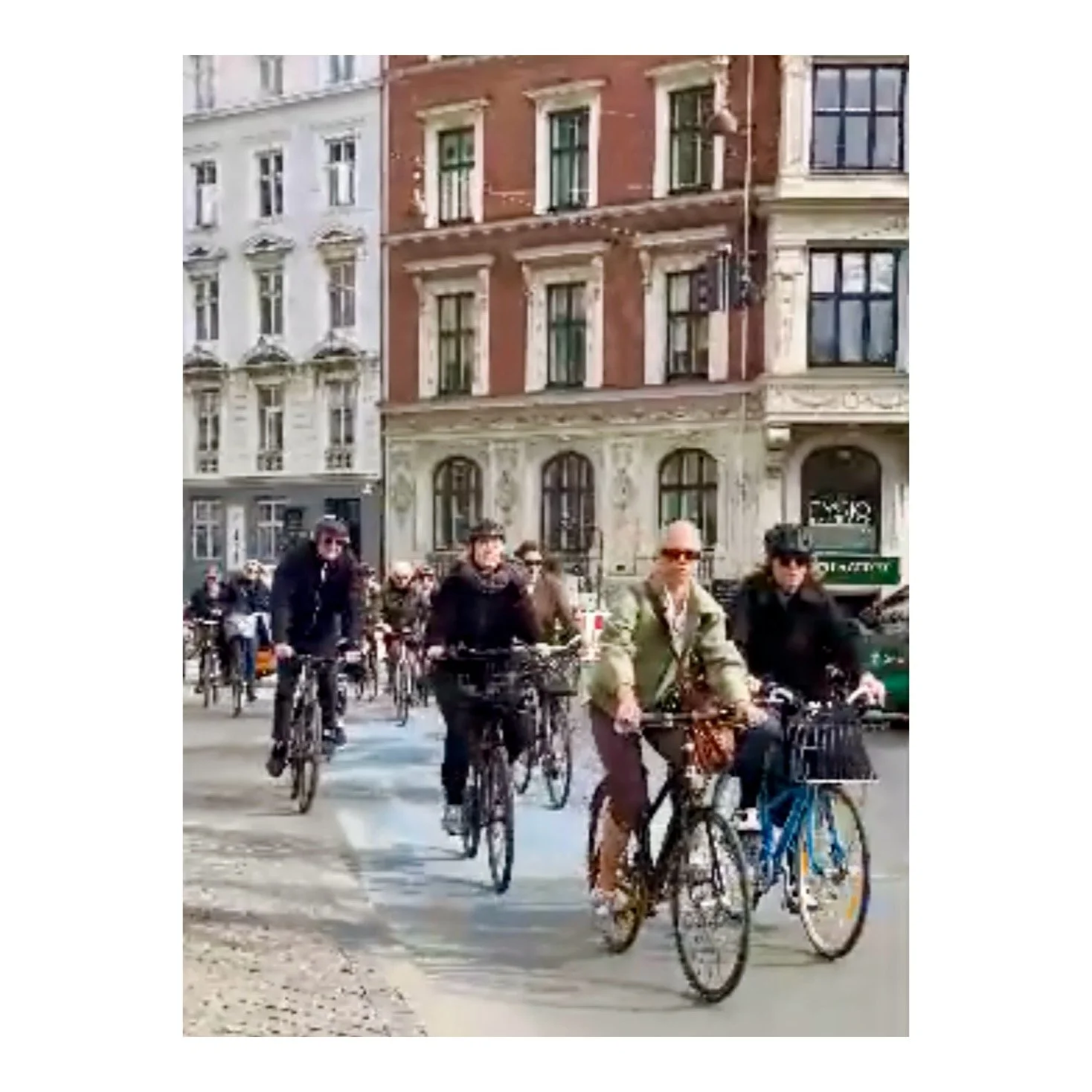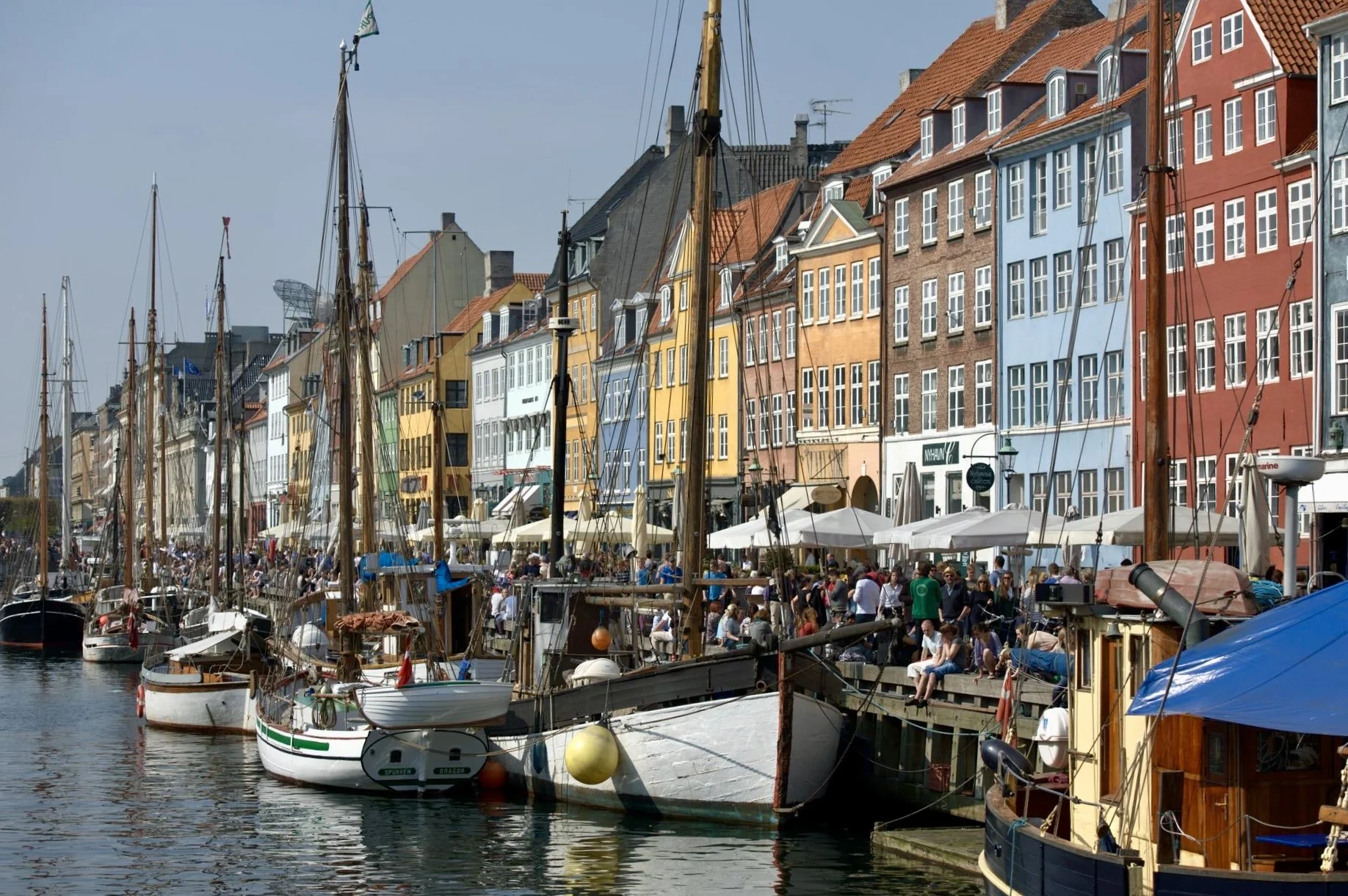IS COPENHAGEN THE WORLD’S MOST LIVEABLE CITY IN 2025?
Nyhavn in Copenhagen
COPENHAGEN CROWNED WORLD’S MOST LIVEABLE CITY IN 2025: A CLOSER LOOK BEYOND THE RANKINGS
Text, photos and video by Max
In the latest Global Liveability Index 2025, the Danish capital Copenhagen has been named the most liveable city in the world, overtaking long-time frontrunner Vienna. Published annually by the Economist Intelligence Unit (EIU), this highly regarded index assesses 173 cities across five key categories: stability, healthcare, culture and environment, education, and infrastructure.
If you’re planning a visit, explore the city's culture, history and design through a curated selection of guided tours and experiences via Viator.
Copenhagen's rise to the top is significant not only as a moment of national pride but also as a case study in what modern urban liveability looks like. The city earned perfect scores (100 out of 100) in three of the five categories: stability, education, and infrastructure. With a total score of 98.0, it surpassed Vienna and Zurich, both tied in second place with 97.1. While Vienna still excelled in healthcare, recent bomb threats and security concerns led to a dip in its stability score, clearing the path for Copenhagen to claim the number one spot.
WHY COPENHAGEN LEADS THE PACK
Copenhagen has long been known for its progressive urban design, strong welfare model, and commitment to sustainability. What the 2025 EIU ranking confirms is that these values translate into measurable, lived benefits.
Stability: Scoring a flawless 100 in this category, Copenhagen benefits from low crime rates, an effective legal system, and widespread public trust in institutions. Political stability and low levels of corruption add to the city's sense of security, making it not just liveable but reassuringly predictable.
Education: With another perfect score, Copenhagen reflects Denmark's deep investment in accessible, high-quality education. Public schooling is well-regarded, and universities like the University of Copenhagen attract students from across the globe. Equally important is the culture of lifelong learning and vocational training that supports personal development throughout life.
Infrastructure: The city’s infrastructure is often held up as a model globally, and for good reason. With reliable public transport, excellent water and energy systems, and a deeply embedded cycling culture, everyday life in Copenhagen is designed to be seamless, clean and efficient. Nearly 50% of commuting in the city is done by bicycle, reducing congestion and environmental impact.
Healthcare: While Copenhagen did not achieve a perfect score in this category (95.8), it still ranks among the best in the world. The Danish healthcare system offers universal coverage and free access at the point of service. However, the system is under increasing strain. For example, in 2024, median waiting times for non-acute surgery in Greater Copenhagen reached nearly 60 days, and some specialties experienced staff shortages of up to 15%.
Culture and Environment: Scoring 95.4, this category reflects Copenhagen's dual identity as both a cultural capital and a green city. With institutions such as the Royal Danish Theatre, the National Gallery, and a world-renowned gastronomy scene, the city offers a rich cultural life. At the same time, access to harbours, beaches, and public parks reinforces the city’s commitment to environmental wellbeing.
Copenhagen
AREAS FOR IMPROVEMENT: WHAT THE RANKING DOESN’T SAY
While Copenhagen’s top score is impressive, it is important to note that the EIU’s methodology does not account for all aspects of urban life. Other global rankings offer slightly different perspectives.
For instance, the Mercer Quality of Living Survey places stronger emphasis on housing affordability, international schooling and recreational offerings. Similarly, Monocle's Quality of Life Survey highlights factors like "soft infrastructure": café culture, independent bookshops, public swimming areas, and the experiential mood of a city. These dimensions are harder to quantify but often deeply felt by residents.
From a local perspective, persistent challenges deserve mention:
Housing Affordability: High demand has driven average monthly rents for a two-room apartment in central Copenhagen to over DKK 14,000 (approx. €1,875), pricing out many young people and families.
Healthcare Pressures: Waiting lists have grown, and emergency departments across the Capital Region report occasional overcrowding and limited staff availability.
Social Inequality: While Denmark scores well on equality indices, neighbourhoods such as Nørrebro and Nordvest exhibit disparities in health, education, and employment outcomes when compared to Frederiksberg or Østerbro. In 2023, the average life expectancy in Nørrebro was 3.7 years lower than in Frederiksberg, and household income levels were up to 35% lower.
Mental Health: According to the Danish Health Authority (Sundhedsstyrelsen), 23% of young Danes aged 16–24 reported symptoms of anxiety or depression in 2023.
Diversity and Inclusion: Integration of immigrants remains a debated issue. Denmark's strict immigration policies have led to criticism from international observers, and in Copenhagen, some minority communities report feeling marginalised or underrepresented in public life.
CLIMATE ACTION AND FUTURE RESILIENCE
Copenhagen's pledge to become the world's first carbon-neutral capital by 2025 is both ambitious and symbolic. Already, the city has invested heavily in wind energy, district heating networks, and green buildings. More than 70% of its hotel rooms are certified eco-friendly, and infrastructure like CopenHill – a waste-to-energy plant with a rooftop ski slope – demonstrates the city's creative approach to climate challenges.
The transport sector also plays a critical role. Copenhagen has expanded its metro system significantly since 2019, reduced car traffic in the inner city, and introduced low-emission zones. While Denmark leads globally in wind energy, it also ranks among the top countries in per capita ownership of electric vehicles, supported by subsidies and an expanding network of charging stations.
However, the city is not immune to environmental risk. Rising sea levels in the Øresund region and heavier rainfall events have prompted increased investment in climate adaptation. The “Cloudburst Management Plan” aims to manage extreme rainfall through green infrastructure and urban floodways, but full implementation is years away.
Expert Perspective: According to Professor Lars Hvidberg, a sustainability researcher at DTU, "Copenhagen is ahead of many cities in environmental policy, but the 2025 neutrality goal is largely symbolic. Without significant carbon offset purchases or deeper structural reforms, true net-zero will be difficult to verify."
COMPARING THE NORDICS
In contrast to neighbouring capitals, Copenhagen stands out in terms of urban density and infrastructure quality. Osloscores similarly on healthcare and environmental measures but lags in international connectivity. Stockholm boasts advanced digital infrastructure and cultural offerings but has seen rising gang-related violence that affects its stability score. Copenhagen, by comparison, has managed to maintain high levels of safety and cohesion while delivering on urban innovation.
COPENHAGEN'S INTERNATIONAL BRANDING AND GLOBAL REPUTATION
Copenhagen’s top ranking in the EIU index reinforces its long-standing international image as a beacon of sustainable living, smart city planning, and high quality of life. The Danish capital regularly features in global media as "the world’s happiest city" and "the green capital of Europe."
This strong reputation is no accident. Through strategic image-building campaigns, such as "Copenhagen Solutions Lab" and collaborations with the tourism initiative Wonderful Copenhagen, the city has positioned itself as a model for liveable urban futures. These efforts have contributed to:
Increased foreign direct investment, particularly in cleantech and architecture
Rising tourism numbers, especially among cultural and eco-conscious travellers
A growing international talent pool attracted by lifestyle and work-life balance
However, this global image also puts pressure on the city to live up to its ideals. Critics warn against an overreliance on branding that may obscure ongoing local challenges. Moreover, Denmark is often promoted internationally for its strong work-life balance, yet OECD data shows that Danish full-time employees work, on average, longer hours annually than many of their Nordic neighbours. This paradox highlights a tension between the image of relaxation and the everyday reality for many workers.
VOICES FROM THE CITY
"The best part of living in Copenhagen is the freedom to move. I bike to work, I swim in the harbour in the summer, and everything just works," says Lise, a 32-year-old Copenhagen resident and architect.
Urban planner Henrik Juul adds: "We try to design a city that supports everyday life. That means safe neighbourhoods, good childcare, accessible services, and public spaces that invite community. It’s not perfect, but we build with people in mind."
CONCLUSION: A CITY WORTH LEARNING FROM
Copenhagen’s triumph in the EIU’s 2025 Global Liveability Index is not merely a vanity title. It underscores the results of decades-long policies focused on sustainability, inclusiveness, and human-centred design. Yet, like all cities, it faces real challenges, particularly in housing, mental health, and the long-term sustainability of public services.
By combining world-class infrastructure and education with a culture of participation and progressive planning, Copenhagen sets a high bar. For policymakers, researchers, urban designers and travellers alike, it serves as both inspiration and a reminder: a liveable city is never finished, but must continuously evolve with its people.
If you’re planning a visit, explore the city's culture, history and design through a curated selection of guided tours and experiences via Viator.
Sources:
Economist Intelligence Unit (2025), The Global Liveability Index 2025
Mercer Quality of Living Survey (2024)
Monocle Quality of Life Survey (2024)
City of Copenhagen Planning and Sustainability Reports
Statistics Denmark (DST)
Danish Health Authority, Youth Health Report (2023)
Copenhagen Municipality, Climate Plans & Cloudburst Strategy
DTU Sustainability Expert Panel (Interview with Prof. Lars Hvidberg, 2025)
OECD Work-Life Balance Indicators (2024)
Interview with Lise (2025) and Henrik Juul (2025)
This article contains affiliate links. If you book via these links, PAFexplorer may earn a small commission at no extra cost to you. Thanks for supporting independent cultural content.
The photos show an idealised image of Copenhagen

